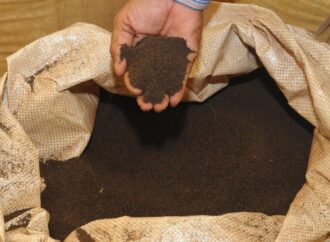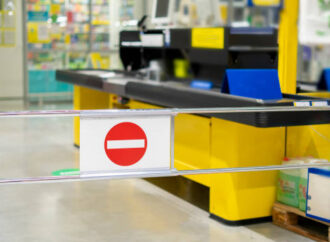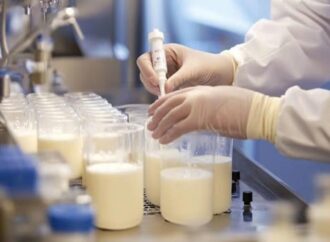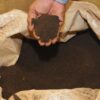When you or a loved one suffers from dehydration—whether from diarrhoea, heatstroke, or even an intense workout—the first thing you might reach for is Oral Rehydration Solution (ORS). This lifesaving solution, typically in the form of a powder mixed with water, helps to replenish lost fluids and essential electrolytes. It’s a quick fix that can prevent serious health issues, especially for children and the elderly. However, what if the ORS you’re using isn’t what it claims to be? That’s where the danger of counterfeit ORS comes in, and it’s a growing concern for food safety.
What is ORS, and why is it Important?
ORS is a simple yet highly effective remedy for dehydration. It’s made up of salts (like sodium chloride) and sugars (such as glucose) that work together to help the body absorb water more effectively. Doctors and health experts recommend ORS as the first line of defence against dehydration caused by illnesses like diarrhoea, which is one of the leading causes of death in young children, particularly in developing countries. In emergencies, ORS can be a lifesaver. When prepared and used correctly, it helps restore hydration levels, prevent the body from going into shock, and avoid further complications. That’s why it’s critical that the ORS you use is genuine and safe.
The Growing Problem of Counterfeit ORS
Counterfeit Oral Rehydration Solutions (ORS) are becoming a growing concern, as they often mimic genuine products but pose serious health risks by lacking the correct ingredients and safety standards. Here’s why this issue needs urgent attention:
-
Increasing Demand: As waterborne diseases rise globally, the need for Oral Rehydration Solutions (ORS) has increased, leading to higher demand and more counterfeit products.
-
Appearance Deception: Counterfeit ORS often looks identical to authentic ones, making it difficult for consumers to distinguish between them.
-
Health Risks: Fake ORS may contain incorrect levels of salts and sugars, leading to improper hydration or worsening dehydration.
-
Contamination: These counterfeit products are sometimes made in unhygienic conditions, raising the risk of contamination with harmful microbes or toxic substances.
-
Lack of Oversight: Without proper regulation, there is no assurance of the safety or effectiveness of counterfeit ORS.
-
Consumer Caution: It’s crucial for consumers to verify the authenticity of ORS products to ensure safety and proper hydration.
How Counterfeit ORS Affects Public Health
Counterfeit ORS is a growing issue, especially in areas with high dehydration risks. Here’s how it can negatively affect public health:
-
Families may unknowingly use counterfeit ORS, thinking it’s a safe treatment for dehydration caused by diarrhoea or heatstroke.
-
Counterfeit ORS often fails to provide the proper rehydration, worsening the child’s dehydration and leading to more severe health complications.
-
In areas with limited healthcare access, counterfeit ORS increases the risk of misdiagnosis, delayed treatment, and even death.
-
The spread of counterfeit ORS contributes to health misinformation, as people trust its packaging and branding, unaware of the potential harm.
How to Protect Yourself From Counterfeit ORS
Counterfeit ORS poses a serious threat to health, especially when used to treat vulnerable individuals like children or the elderly. Fortunately, you can take simple precautions to avoid falling for fake products.
-
Buy from Trusted Sources: Always purchase ORS from licensed pharmacies, hospitals, or well-known stores. Be cautious in local markets and inspect the product carefully.
-
Check the Packaging: Genuine ORS products should have clear labelling, expiry dates, and intact safety seals. If the packaging appears tampered with or unclear, avoid using it.
-
Look for the Right Regulatory Markings:
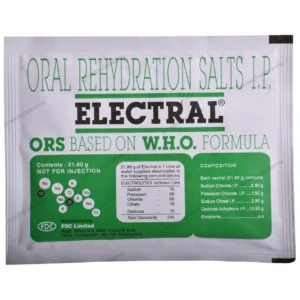
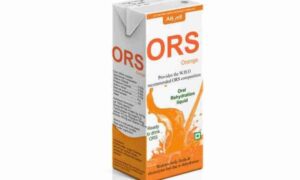
-
-
If it’s a food-grade ORS-like product, make sure it has the FSSAI logo and license number.
-
If it’s a medicinal ORS (as per WHO guidelines), it may not carry the FSSAI logo but should still follow proper drug labelling under the Drugs and Cosmetics Act.
-
Be cautious of ORS-like products that claim to hydrate but include a disclaimer such as “This product is NOT an ORS formula as recommended by WHO.”
-
-
Know What Real ORS Contains: Familiarise yourself with the standard ORS formula—typically a mix of sodium chloride, potassium chloride, trisodium citrate, and glucose in precise proportions. If the ingredient list looks off, it might not be genuine.
-
Report Suspected Fakes: If you come across a suspicious ORS product, report it to your local food safety officer, drug inspector, or health department. This can help prevent harm to others in your community.
Conclusion: Don’t Take Chances with Your Health
Counterfeit ORS is more than just a food safety issue; it’s a public health crisis. By understanding the risks and following precautions, you can help ensure that you and your family stay safe when using ORS. Always choose genuine, regulated products to protect your health and the health of those around you. In the end, it’s about making sure that the products we trust to save lives do exactly that—save lives.
 Food Manifest
Food Manifest 

